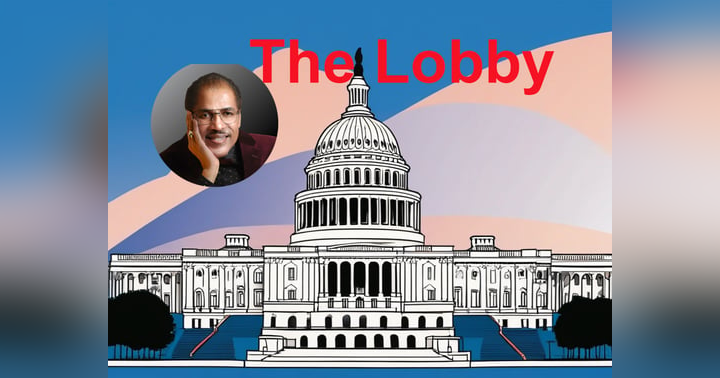Lawrence of Arabia

T.E. Lawrence, more commonly known as Lawrence of Arabia, continues to be one of the most iconic figures in Middle Eastern history. His role in World War I, as a British intelligence officer and liaison to the Arab Revolt against the Ottoman Empire, not only the course of the war but also had long-lasting implications for the region's political landscape. Lawrence's actions and strategies during the war have had a profound impact on modern-day conflicts in the Middle East, shaping the cultural, social, and political dynamics that continue to define the region today.
Lawrence's involvement in the Arab Revolt, led by Sharif Hussein bin Ali of the Hashemite family, was crucial in weakening the Ottoman Empire and ultimately contributing to its defeat. Lawrence's deep understanding of Arab culture and his ability to build relationships with local tribes played a significant role in the success of the revolt. His knowledge of the terrain and his guerrilla warfare tactics were instrumental in disrupting Ottoman supply lines and communication networks, as well as in capturing key strategic locations.
One of Lawrence's most famous achievements during the Arab Revolt was the capture of the port city of Aqaba in 1917. By leading a daring attack through the desert, Lawrence and his Arab allies managed to seize the heavily fortified city, cutting off a crucial Ottoman supply route and securing a crucial victory for the Allied forces. This success not only boosted morale among the Arab fighters but also demonstrated the effectiveness of guerrilla tactics in asymmetrical warfare.
However, Lawrence's involvement in the Arab Revolt was not without controversy. As a British intelligence officer, he was perceived as a double agent by some Arab leaders, who accused him of serving British interests at the expense of Arab goals. Lawrence's role in the Sykes-Picot Agreement, a secret treaty between Britain and France to partition the Middle East after the war, further complicated his legacy among Arab nationalists. The agreement contradicted promises made to the Arabs of independence and self-determination, leading to widespread disillusionment and anger among the Arab population.
Despite these complexities, Lawrence's influence on the region's political landscape was undeniable. His efforts to unite the Arab tribes against the Ottoman Empire laid the foundation for the modern Arab nationalist movements that emerged in the aftermath of World War I. The Arab Revolt inspired a sense of pan-Arab solidarity and a desire for independence from colonial powers, shaping the political consciousness of the region for decades to come.
The legacy of Lawrence of Arabia continues to be felt in the modern conflicts that plague the Middle East. The borders drawn by the colonial powers after World War I, including those outlined in the Sykes-Picot Agreement, have been a source of ongoing tensions and disputes in the region. The creation of artificial states with diverse ethnic and religious populations has contributed to the instability and violence that characterize many Middle Eastern countries today.
Additionally, Lawrence's advocacy for Arab self-determination and independence has resonated with successive generations of Middle Easterners who continue to struggle for political freedom and sovereignty. The Arab Spring uprisings of 2011, which swept across the region in a wave of popular protests against authoritarian regimes, can be seen as a direct continuation of the aspirations for self-rule that Lawrence helped to inspire a century earlier.
Furthermore, Lawrence's emphasis on the importance of understanding and respecting local cultures and traditions has become increasingly relevant in the context of ongoing conflicts in the Middle East. The failure of Western powers to appreciate the complexities of Middle Eastern societies and their historical grievances has often exacerbated tensions and fueled anti-Western sentiment in the region. The legacy of Lawrence of Arabia serves as a reminder of the importance of cultural sensitivity and empathy in navigating the complex political landscape of the Middle East.
In conclusion, Lawrence of Arabia remains a towering figure in Middle Eastern history whose actions and strategies during World War I continue to shape the region's political landscape today. His role in the Arab Revolt, though not without controversy, laid the groundwork for the modern Arab nationalist movements and inspired generations of Middle Easterners to fight for independence and self-determination. The legacy of Lawrence of Arabia serves as a testament to the enduring impact of individuals on shaping historical events and influencing the course of nations. As the Middle East grapples with ongoing conflicts and challenges, the lessons of Lawrence's experiences and insights remain as relevant and instructive as ever.



